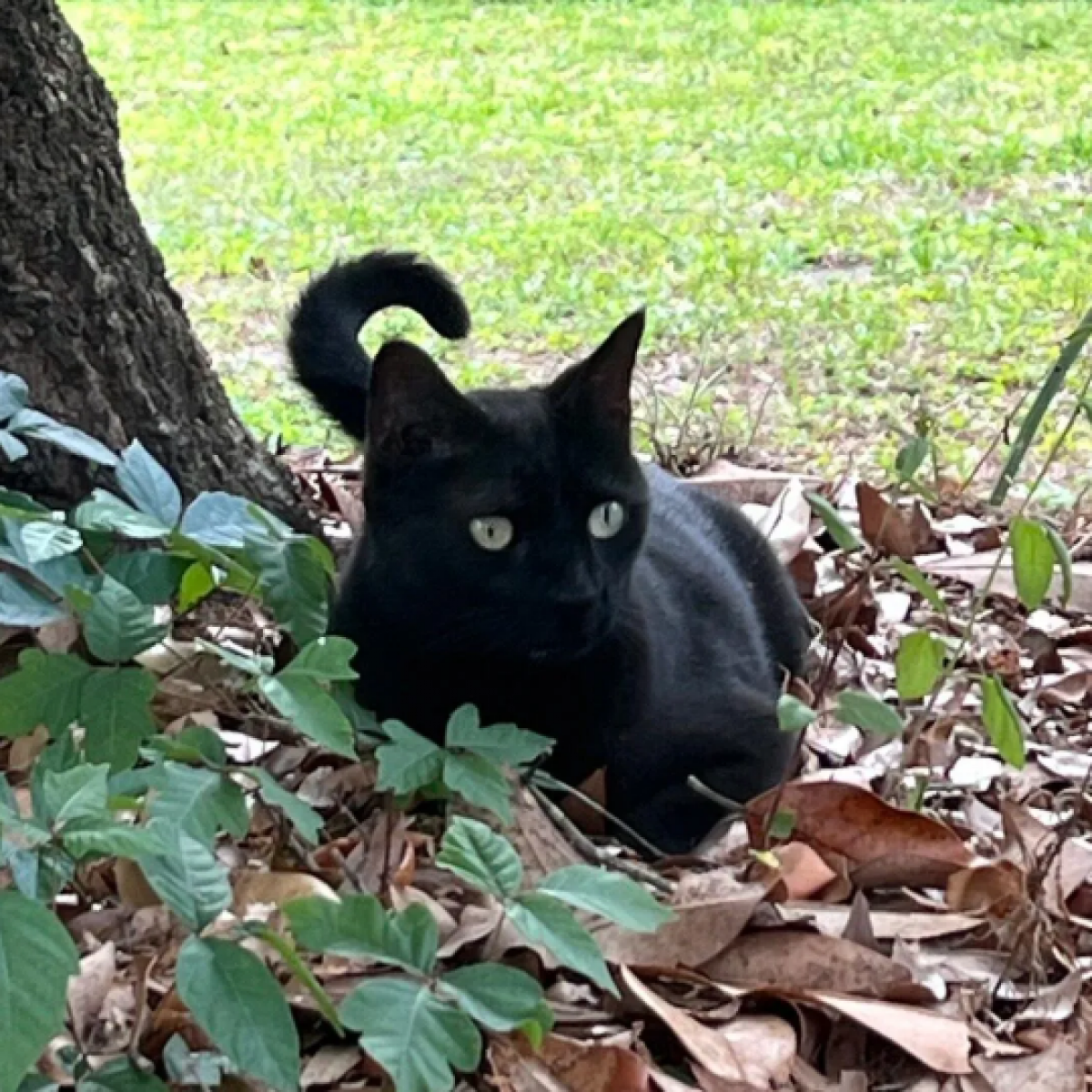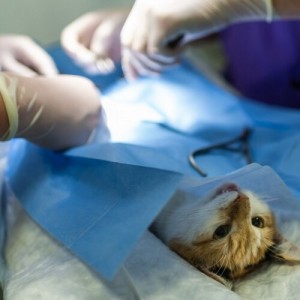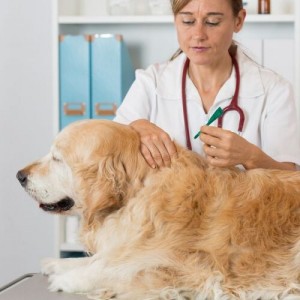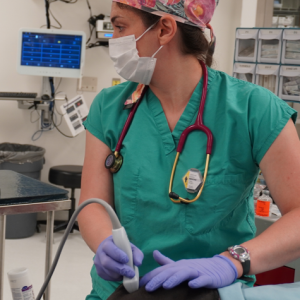Florida cat sniffs out another new virus, and scientists are listening
Pepper, the pet cat who made headlines last year for his role in the discovery of the first jeilongvirus found in the U.S., is at it again. This time, his hunting prowess contributed to the identification of a new strain of orthoreovirus.
John Lednicky, Ph.D., Pepper's owner and a University of Florida College of Public Health and Health Professions virologist, took Pepper's catch -- a dead Everglades short-tailed shrew -- into the lab for testing as part of his ongoing work to understand transmission of the mule deerpox virus.
Testing revealed the shrew had a previously unidentified strain of orthoreovirus. Viruses in this genus are known to infect humans, white-tailed deer, bats and other mammals. While orthoreoviruses' effects on humans are not yet well understood, there have been rare reports of the virus being associated with cases of encephalitis, meningitis and gastroenteritis in children.
"The bottom line is we need to pay attention to orthoreoviruses, and know how to rapidly detect them," said Lednicky, a research professor in the PHHP Department of Environmental and Global Health and a member of UF's Emerging Pathogens Institute.
The UF team published the complete genomic coding sequences for the virus they named "Gainesville shrew mammalian orthoreovirus type 3 strain UF-1" in the journal Microbiology Resource Announcements.
"There are many different mammalian orthoreoviruses and not enough is known about this recently identified virus to be concerned," said the paper's lead author Emily DeRuyter, a UF Ph.D. candidate in One Health. "Mammalian orthoreoviruses were originally considered to be 'orphan' viruses, present in mammals including humans, but not associated with diseases. More recently, they have been implicated in respiratory, central nervous system and gastrointestinal diseases."
The Lednicky lab's jeilongvirus and orthoreovirus discoveries come on the heels of the team publishing their discovery of two other novel viruses found in farmed white-tailed deer. Given the propensity of viruses to constantly evolve, paired with the team's sophisticated lab techniques, finding new viruses isn't entirely surprising, Lednicky said.
"I'm not the first one to say this, but essentially, if you look, you'll find, and that's why we keep finding all these new viruses," Lednicky said.
Like influenza virus, two different types of orthoreovirus can infect a host cell, causing the viruses' genes to mix and match, in essence, creating a brand new virus, Lednicky said.
In 2019, Lednicky and colleagues isolated the first orthoreovirus found in a deer. That strain's genes were nearly identical to an orthoreovirus found in farmed mink in China and a deathly ill lion in Japan. How in the world, the scientific community wondered, could the same hybrid virus appear in a farmed deer in Florida and two species of carnivores across the globe? Some experts speculated that components of the animals' feed could have come from the same manufacturer.
With so many unanswered questions about orthoreoviruses and their modes of transmission, prevalence in human and animal hosts and just how sick they could make us, more research is needed, DeRuyter and Lednicky said.
Next steps would include serology and immunology studies to understand the threat Gainesville shrew mammalian orthoreovirus type 3 strain UF-1 may hold for humans, wildlife and pets.
For readers concerned about Pepper's health, rest assured. He has shown no signs of illness from his outdoor adventures and will likely continue to contribute to scientific discovery through specimen collection.
"This was an opportunistic study," Lednicky said. "If you come across a dead animal, why not test it instead of just burying it? There is a lot of information that can be gained."
Author: John Lednicky
Source: https://www.sciencedaily.com/











List
Add
Please enter a comment